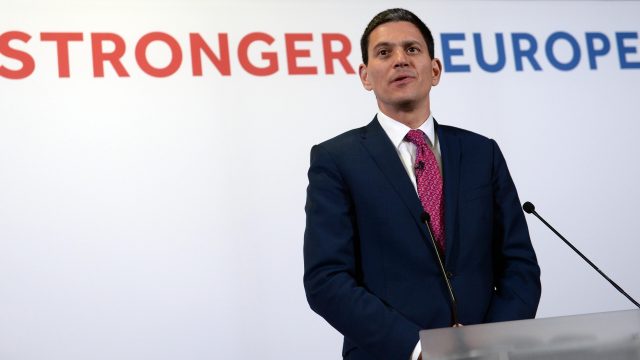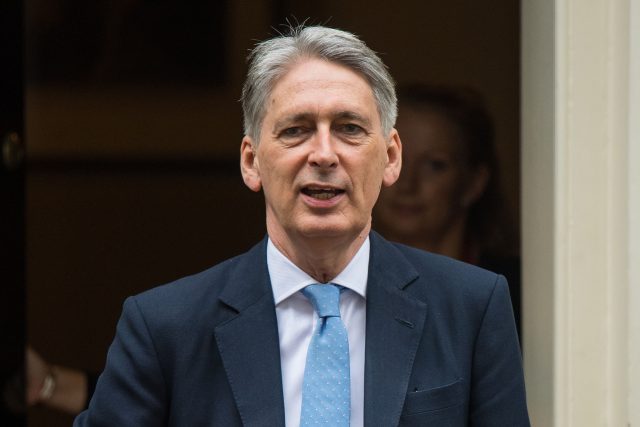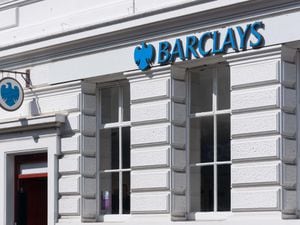David Miliband urges fightback against ‘worst consequences’ of Brexit
The ex-cabinet minister described the 2016 referendum as an “unparalleled act of economic self-harm”.

Former foreign secretary David Miliband has issued a call for politicians on all sides to fight back against the “worst consequences” of last year’s vote for Britain to leave the EU.
The Labour ex-cabinet minister described the outcome of the 2016 referendum as an “unparalleled act of economic self-harm”.
Writing in The Observer, he said the country should have the chance to vote on any Brexit deal in a second referendum with a straight choice between remaining in the EU and the negotiated alternative.

“People say we must respect the referendum. We should. But democracy did not end on June 23 2016. The referendum will be no excuse if the country is driven off a cliff,” he wrote.
“MPs are there to exercise judgment. Delegating to Theresa May and David Davis, never mind Boris Johnson and Liam Fox, the settlement of a workable alternative to EU membership is a delusion, not just an abdication.”
His intervention came as Chancellor Philip Hammond and International Trade Secretary Liam Fox came together to declare that a post-Brexit transition would not be a “back door” to Britain remaining in the EU.
After a summer of cabinet feuding, Mr Hammond, who favours a “softer” pro-business Brexit, and Dr Fox, a hardline Brexiteer, said that they agreed there should not be “cliff-edge” break when Britain leaves the EU in March 2019.

But in a joint article for The Sunday Telegraph, they agreed that any transition would be “time limited” and that Brexit would mean the UK pulling out of both the EU single market and the customs union.
“We want our economy to remain strong and vibrant through this period of change. That means businesses need to have confidence that there will not be a cliff-edge when we leave the EU in just over 20 months’ time,” they wrote.
“That is why we believe a time-limited interim period will be important to further our national interest and give business greater certainty – but it cannot be indefinite; it cannot be a back door to staying in the EU.
“We are both clear that during this period the UK will be outside the customs union and will be a ‘third country’, not a party to EU treaties.”





